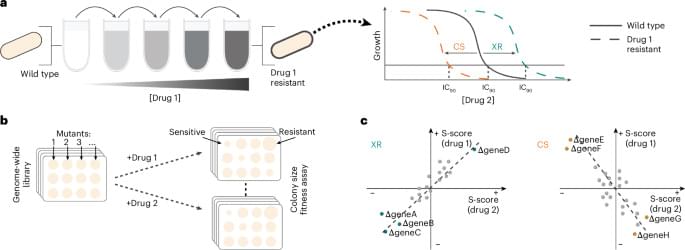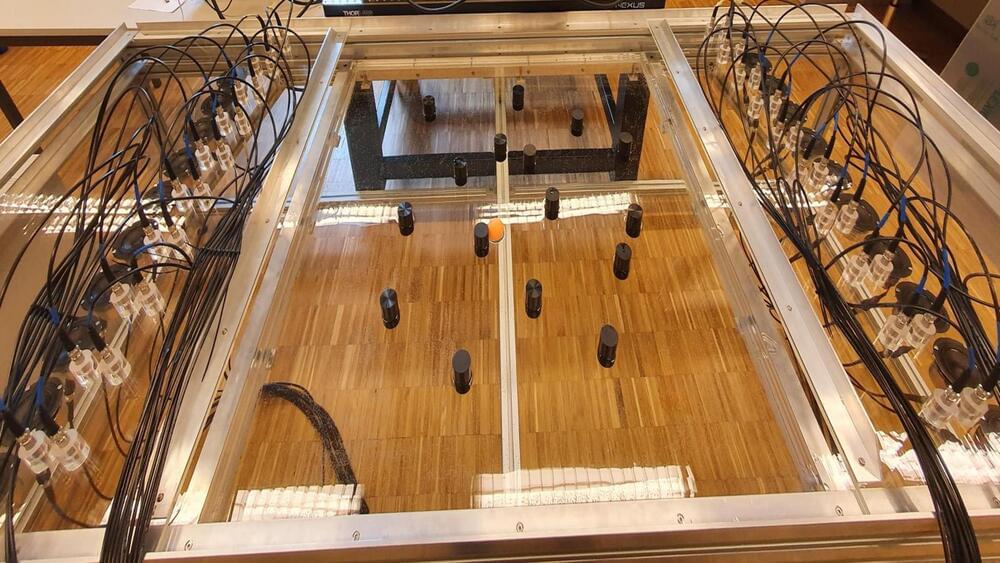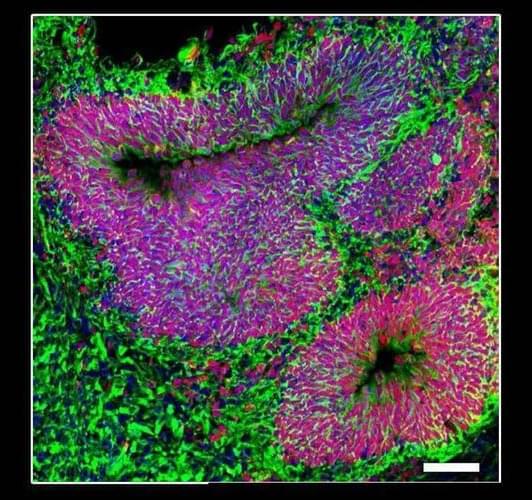Abstract. Pharmacological inhibition of the mechanistic target of rapamycin (mTOR) signaling pathway with rapamycin can extend lifespan in several organisms. Although this includes the nematode Caenorhabditis elegans, effects in this species are relatively weak and sometimes difficult to reproduce. Here we test effects of drug dosage and timing of delivery to establish the upper limits of its capacity to extend life, and investigate drug effects on age-related pathology and causes of mortality. Liposome-mediated rapamycin treatment throughout adulthood showed a dose-dependent effect, causing a maximal 21.9% increase in mean lifespan, but shortening of lifespan at the highest dose, suggesting drug toxicity. Rapamycin treatment of larvae delayed development, weakly reduced fertility and modestly extended lifespan. By contrast, treatment initiated later in life robustly increased lifespan, even from Day 16 (or ~70 years in human terms). The rapalog temsirolimus extended lifespan similarly to rapamycin, but effects of everolimus were weaker. As in mouse, rapamycin had mixed effects on age-related pathologies, inhibiting one (uterine tumor growth) but not several others, suggesting a segmental antigeroid effect. These findings should usefully inform future experimental studies with rapamycin and rapalogs in C. elegans.
Get the latest international news and world events from around the world.


Scientists move objects with sound, noninvasive drug delivery in reach
The new sound-based method moves objects regardless of surroundings or properties.
Researchers have successfully manipulated the movement of objects using sound. They directed floating objects around obstacles in an aquatic environment, unveiling new possibilities for noninvasive, targeted drug delivery and other biomedical applications.
Researchers from EPFL’s School of Engineering employed optics-inspired techniques to achieve this object manipulation.
“Optical tweezers work by creating a light ‘hotspot’ to trap particles, like a ball falling into a hole. But if there are other objects in the vicinity, this hole is difficult to create and move around,” said Romain Fleury, head of the Laboratory of Wave Engineering in EPFL’s School of Engineering.


Earthquakes under a volcano near Alaska’s largest city raise concerns
ANCHORAGE, Alaska (AP) — An increase in the number of earthquakes under a volcano near Alaska’s largest city this year has geologists paying attention.
Mount Spurr, about 80 miles (129 kilometers) northwest of Anchorage, last erupted in 1992, spewing an ash cloud nearly 12 miles (19 kilometers) into the air, prompting flights to be canceled and people to don masks. Another eruption at the 11,100-foot (3,383-meter) stratovolcano could be severely disruptive to the city, according to the Alaska Volcano Observatory.
The observatory raised its alert status for Mount Spurr in October — from green to yellow — when the increase in seismic activity became pronounced and a ground deformation was spotted in satellite data. Observatory scientist David Fee said Friday there have been about 1,500 small earthquake below the volcano this year, compared to about 100 in a normal year.



Light Field Lab launches SolidLight holographic imagery systems
Light Field Lab has launched its SolidLight Holographic and Volumetric display technologies that will power some amazing imagery of the future.
These next-generation display technologies will be used by major companies to build a wide variety of holographic images and animations. Connecting a bunch of panels together, the system can modulate 10 billion pixels per square meter.
Last year, Light Field Lab raised $50 million, adding to its war chest of $85 million raised since its inception. And now I can see where that money is going. The San Jose, California-based company gave me a theatrical tour of an animated demo of an alien that it builds in collaboration with the SETI Institute, the organization searching for extraterrestrial intelligence in our galaxy.

In PICS: 10 Best Earth Images Captured From Space In 2024
Earth In 2024: The International Space Station (ISS) has captured more than 825,000 images of Earth so far in 2024, documenting our planet’s changing landscapes. NASA has shared that over 5.3 million photos have been taken from the space station since it began operations, contributing significantly to studies of urban light patterns, lightning activity, and natural disasters. In 2024 alone, these images were instrumental in analysing 14 major natural disaster events, from hurricanes and floods to volcanic eruptions.
Expedition 71, one of the most prolific missions in the ISS’s history, contributed over 630,000 images, marking the highest number of photographs taken during a single mission.
According to NASA, the Crew Earth Observations (CEO) program is at the heart of this effort. Equipped with digital handheld cameras, astronauts photograph Earth from their vantage point 200 miles above the surface. The program focuses on documenting both human-induced changes — such as urban expansion and reservoir construction — and natural phenomena, including hurricanes and wildfires.
Scalable fibers with light-emitting, self-healing and magnetic properties could enhance human-robot interactions
Boom Supersonic has revealed that the XB-1, the supersonic demonstrator for the Overture program, took off on a flight equipped with a shark skin-like underbelly, which reduces drag, fuel consumption, and emissions.
In its latest update to various stakeholders, Boom Supersonic shed some light on the XB-1’s eighth flight, which happened on November 16. The company stated that during the flight, it managed to confirm that the aircraft had performed safely at speeds of Mach 0.80 with the stability augmentation system being turned off.